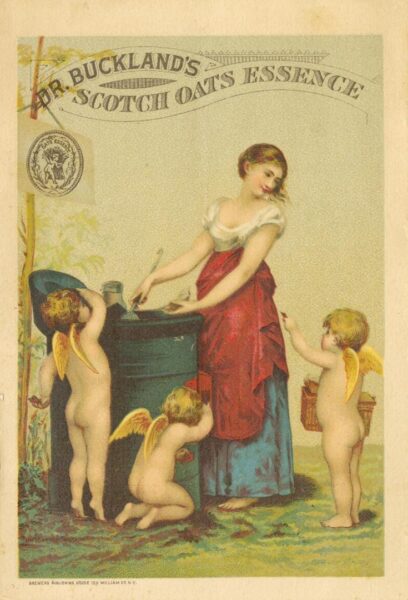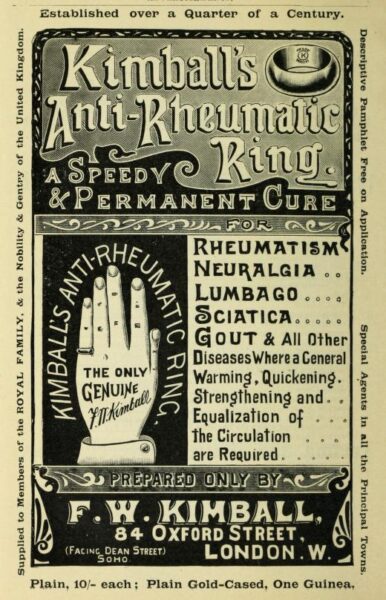 Carrington’s Life Pills were made principally of capsicum, so they might well have cured your cold — if having your entire head blown off could be said to constitute a cure.
Carrington’s Life Pills were made principally of capsicum, so they might well have cured your cold — if having your entire head blown off could be said to constitute a cure.
The Reverend Caleb Carrington was Vicar of Berkeley from 1799 until his death in May 1837, and his eventful incumbency included getting embroiled in a court case in which the Countess of Berkeley sought to prove that the seven children born before her marriage to the Earl were actually legitimate, owing to an earlier, secret wedding.
(Image: Capsicum frutescens, from Materia Medica and Pharmacognosy by David Culbreth, M.D. 1927. Courtesy of the Southwest School of Botanical Medicine, Arizona.)
COLDS, RHEUMATISM, GOUT & INDIGESTION
LIFE PILLS, entirely vegetable, discovered by
the Rev. C. CARRINGTON, Vicar of Berkeley, one
of his Majesty’s Deputy Lieutenants, &c. for the County of
Gloucester.—To alleviate the tortures of Spasm, Gout, Rheu-
matism, Cholic, and Nervous Afflictions, with superb success
by giving fresh life and energy to the efforts of nature, is
not the only merit of CARRINGTON’S LIFE PILLS. On
the same principle they are adapted to Female Complaints,
rouse the dormant constitution, and with gentle exercise in
the open air soon spread the bloom of health on the palest
cheek. They strengthen the digestive organs and expel
wind, they cherish and prolong life in the debilitated, and
they prevent the attack of many fatal acute diseases, if re-
sorted to on the first sensation of chill, pain or lassitude. A
large portion of the human race is hurried to an untimely
grave by Inflammations, Consumptions, &c. the effect of
neglected Colds; but a recent cold is certainly cured by
these Pills, invigorating the torpid arteries of the skin, and
thereby restoring the perspiration.
Sold in Boxes, at 1s. 1½d. and 4s. 6d. each, by J. Drewry,
Derby, and all Medicine Dealers. “BARRY and SON,
BRISTOL,” is engraved in the Government Stamp.
Source: The Derby Mercury, Wednesday 4th February 1835.
The Monthly Gazette of Health, Vol. VIII, 1823, carried an indignant letter from one J.D. of Brighton to the Bishop of Gloucester, condemning the Rev. Mr. Carrington as a quack more concerned with personal gain than with the spiritual welfare of his parishioners.
“This ecclesiastical nostrum-monger,” wrote the correspondent, “surpassing the impudence of ordinary empiricisms, enlists into his service the terrors of religious guilt, and denounces as a suicide every individual, who has been cut off by sudden death, without attempting to avert the fatal blow by a box of the Life Pills!!!”
The Bishop replied that “… the advertisement in question, however grossly unbecoming the clerical character, would not be deemed punishable in the clerical court,” while other correspondents pointed out that it was the supplier, Mr Barry, who placed the adverts and profited from sales.
If Mr Carrington took his own pills, they certainly didn’t do him any harm, as he lived to the age of eighty. They were less efficacious for his financial state, however. Although his brief obituary in The Gentleman’s Magazine doesn’t mention the place of death, other records suggest it was Gloucester debtors’ prison.



One thought on “Carrington's Life Pills”
Comments are closed.